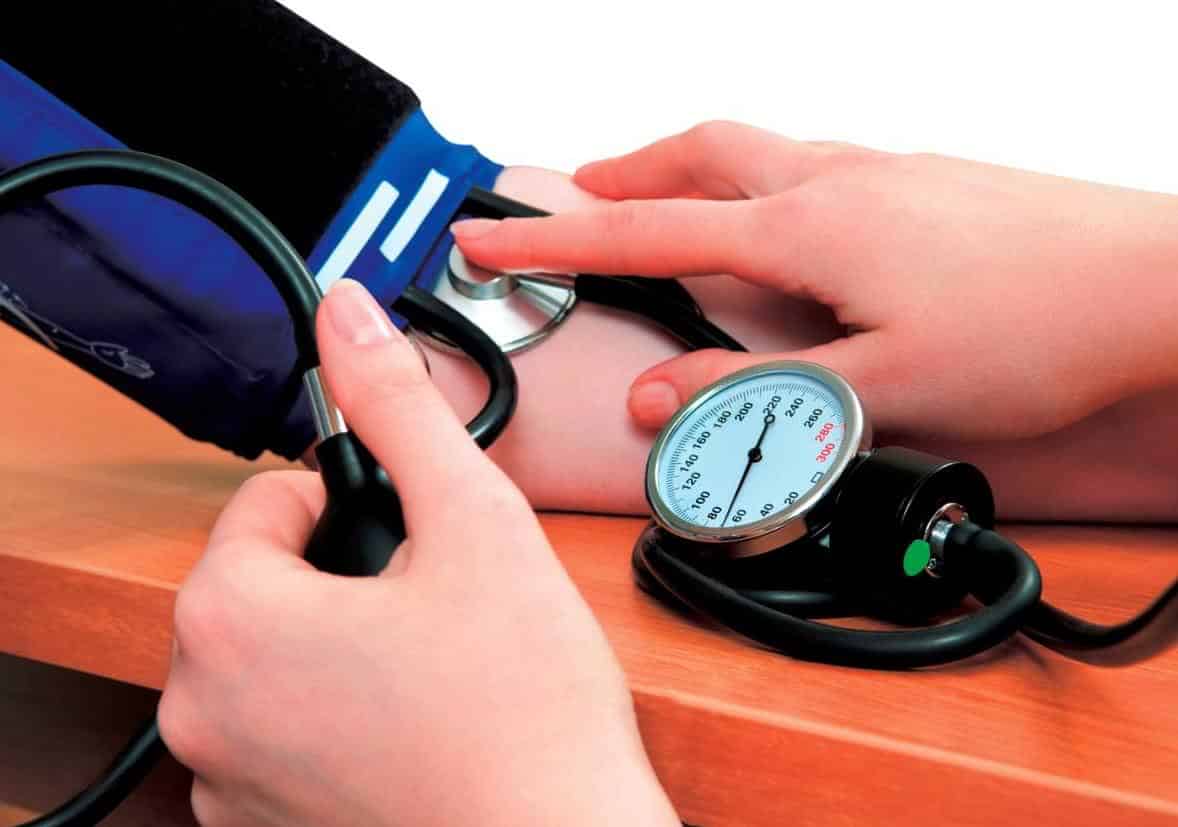What is high blood pressure (HBP)?
It is a chronic disease characterized by an increase in the pressure exerted by the blood against the walls of the arteries, as the heart beats.
It is one of the major causes of morbidity and mortality especially in developed countries.
When checking blood pressure two numbers are given, the first is the systolic pressure, which occurs when the heart beats, and the second is the diastolic pressure, which refers to blood pressure when the heart rests between beats.
HBP is frequent as asymptomatic disease, often an incidental finding, and sometimes symptoms like headache, nausea, vomiting, nasal bleeding or changes in vision can be the first symptom. So you have to control your blood pressure regularly over 40 years and particularly if there is a family history.
HBP is the most important risk factor for cardiovascular, kidney or brain diseases.
CAUSES OF HBP
90% of cases are of unknown cause, although it has a significant hereditary influence.
The rest has a direct cause (e.g. renal disease).
It is more common in males, but blood pressure increases after menopause in women because the protective effect of hormones disappears and it is necessary a better control over this disease.
Some factors that increase the risk of HBP:
• Obesity
• Stress
• Smoking habit
• Diabetes
• Excessive consumption of salt
• Alcohol
• Family history of HBP
CLASSIFICATION OF HBP
(According to the European Society of Hypertension and Cardiology)
| NORMAL BLOOD PRESSURE | HYPERTENSION IN DIFFERENT STAGES | |
| Systolic BP (maximum) between 12 or less, until 13,9 | Systolic BP (maximum) from 14 until 18 or higher | |
| Diastolic BP (minimum) less than 8 until 8,9 | Diastolic BP (minimum) from 9 until 11 or higher |
COMPLICATIONS OF HBP
Injuries to organs as a result of untreated HBP:
• Broken aorta.
• Chronic kidney disease.
• Acute myocardial infarction or heart failure.
• Circulatory insufficiency in the lower extremities.
• Cerebral infarctions (strokes).
• Impaired vision caused by hypertensive retinopathy.
• Ventricular hypertrophy because the heart has to work harder to have more resistance.
• Arteriosclerosis and thrombosis, arteries become stiff and narrow.
PREVENTION
• Follow a heart-healthy diet (consumtion of fruits, vegetables, low-fat dairy products…).
• Increase the aerobic physical activity.
• No smoking.
• Reduce the consumption of alcohol to a minimum.
• Reduce salt.
• Reduce stress.
• Maintain an appropriate weight to height, age and sex.
Check your blood pressure regularly
Change unhealthy lifestyle habits








